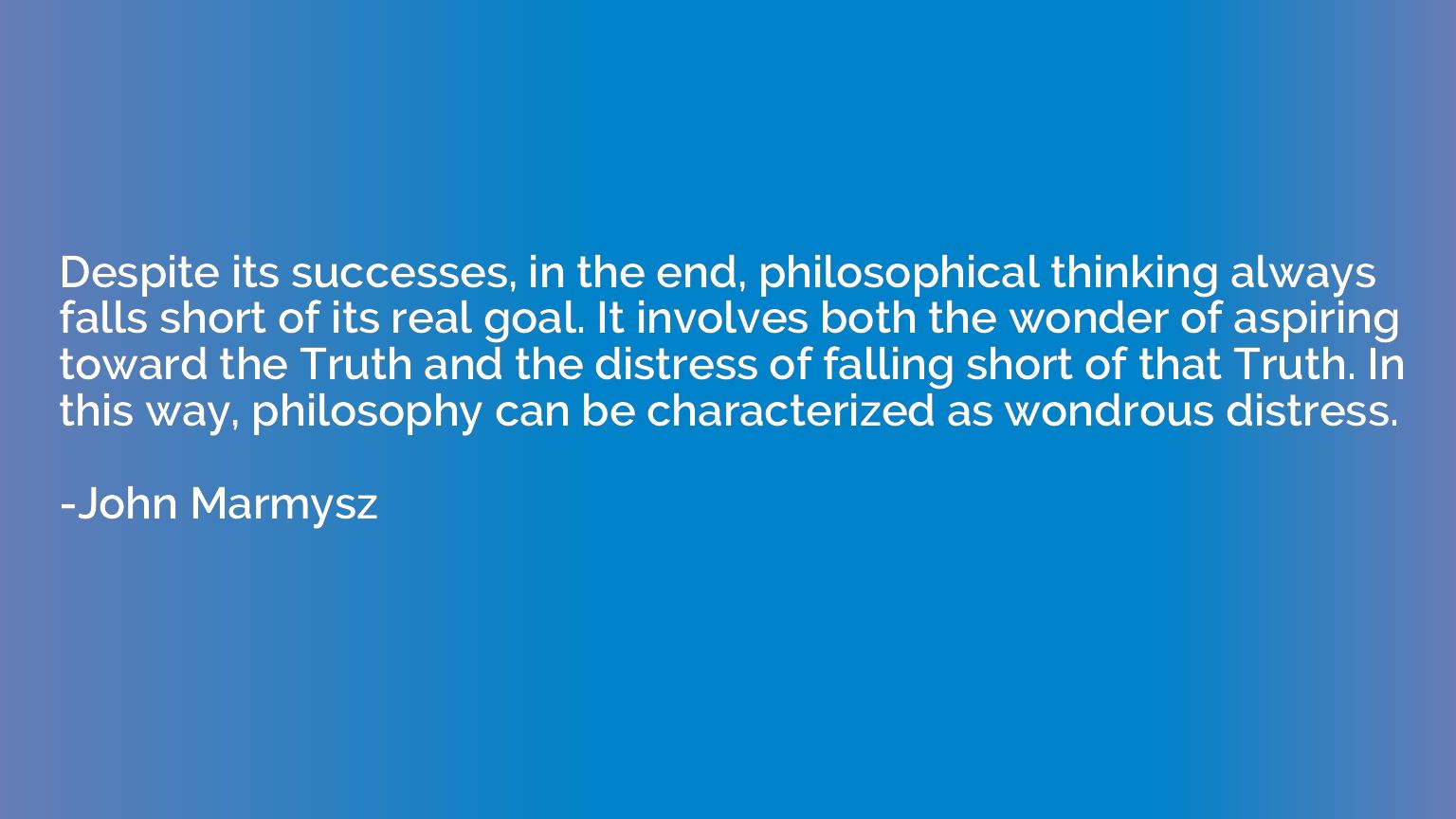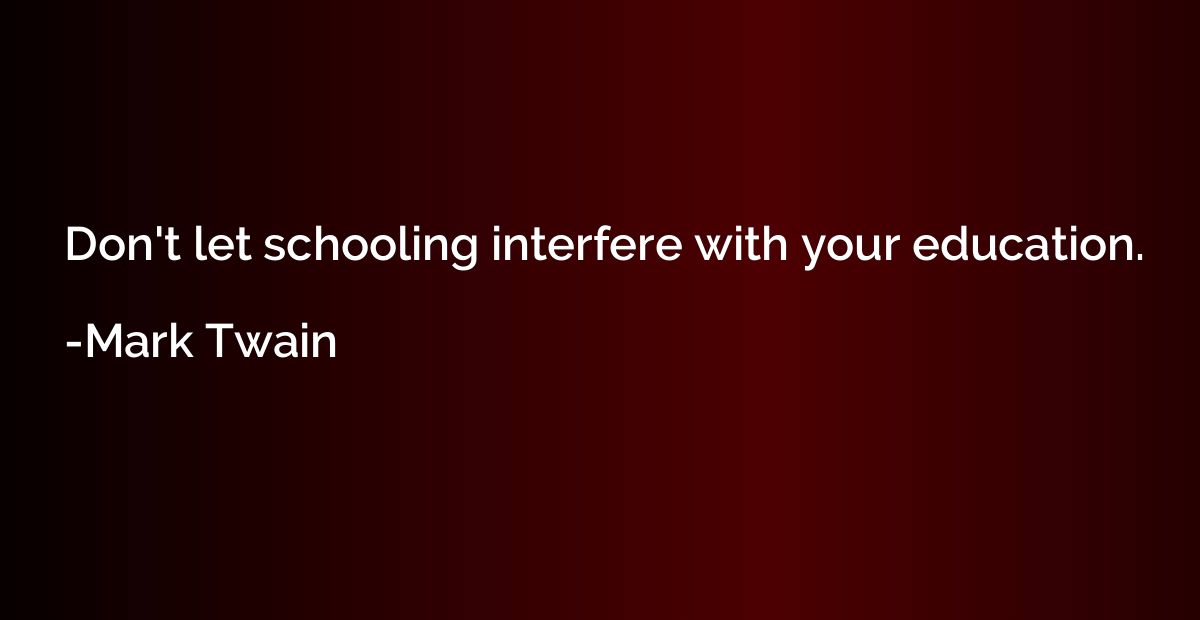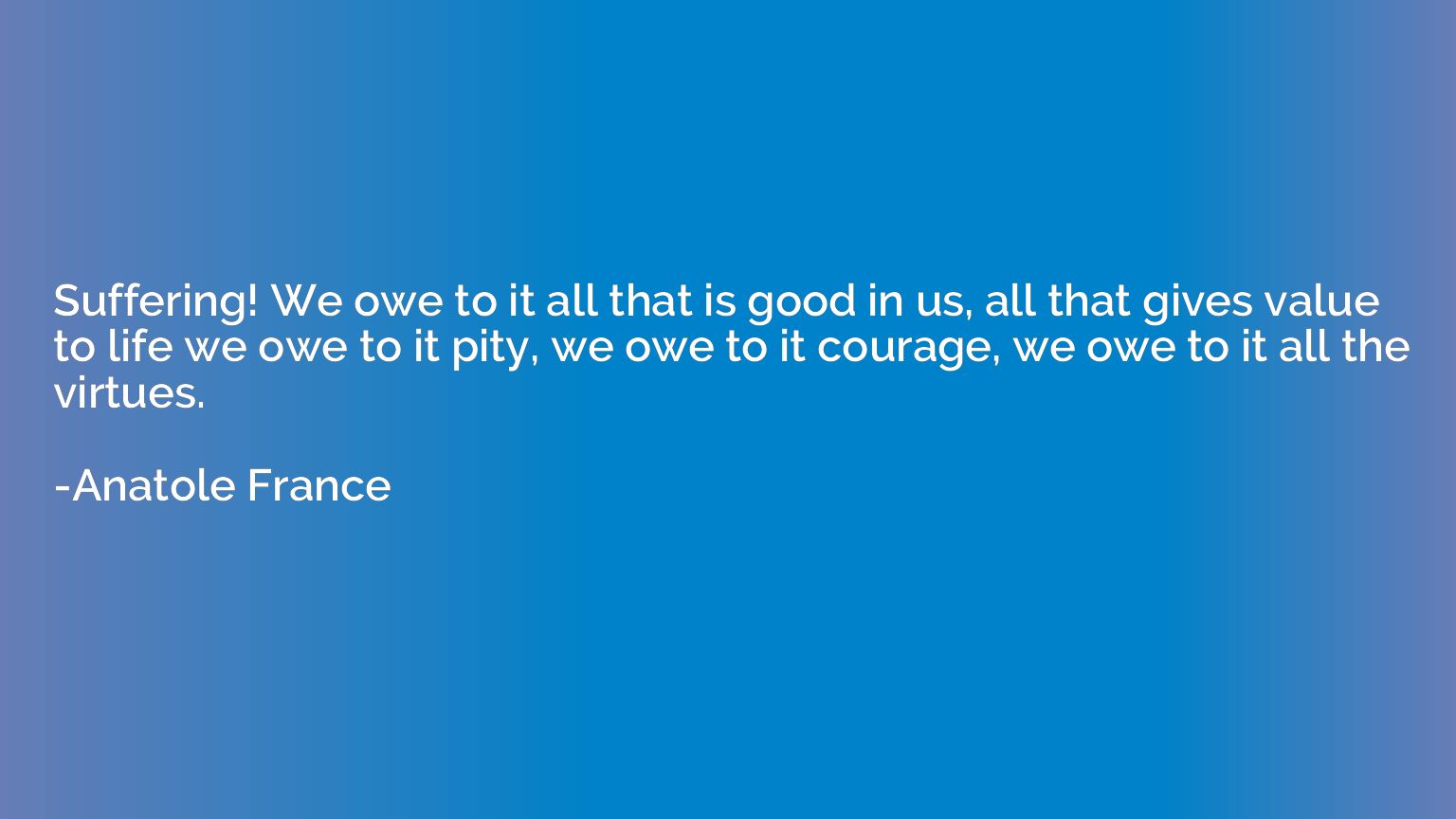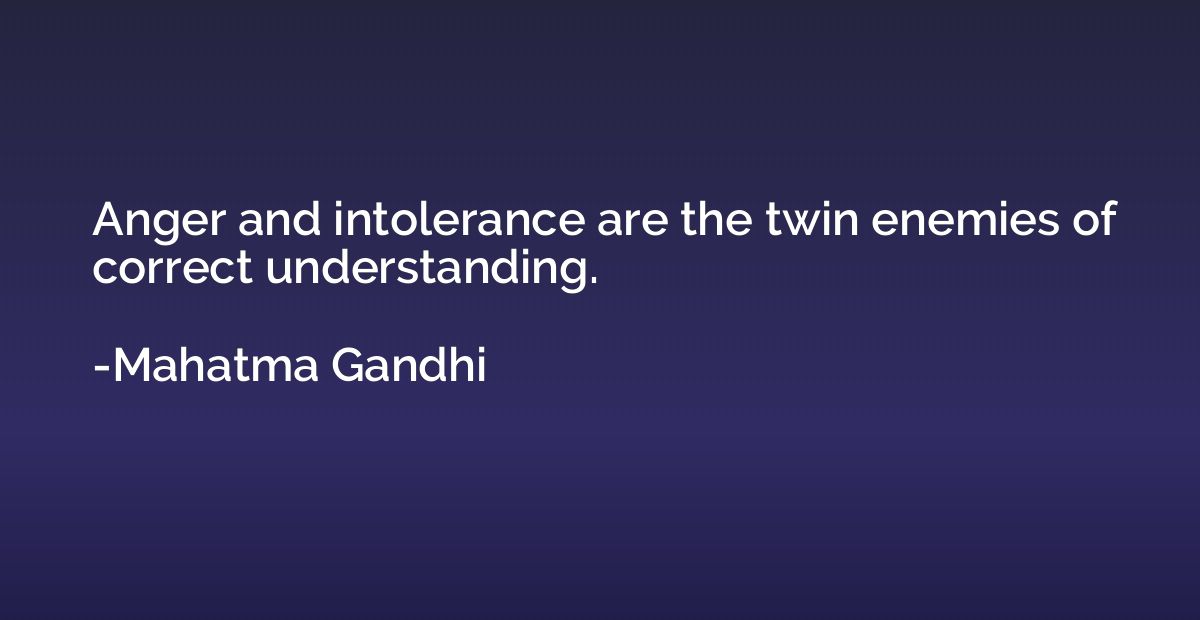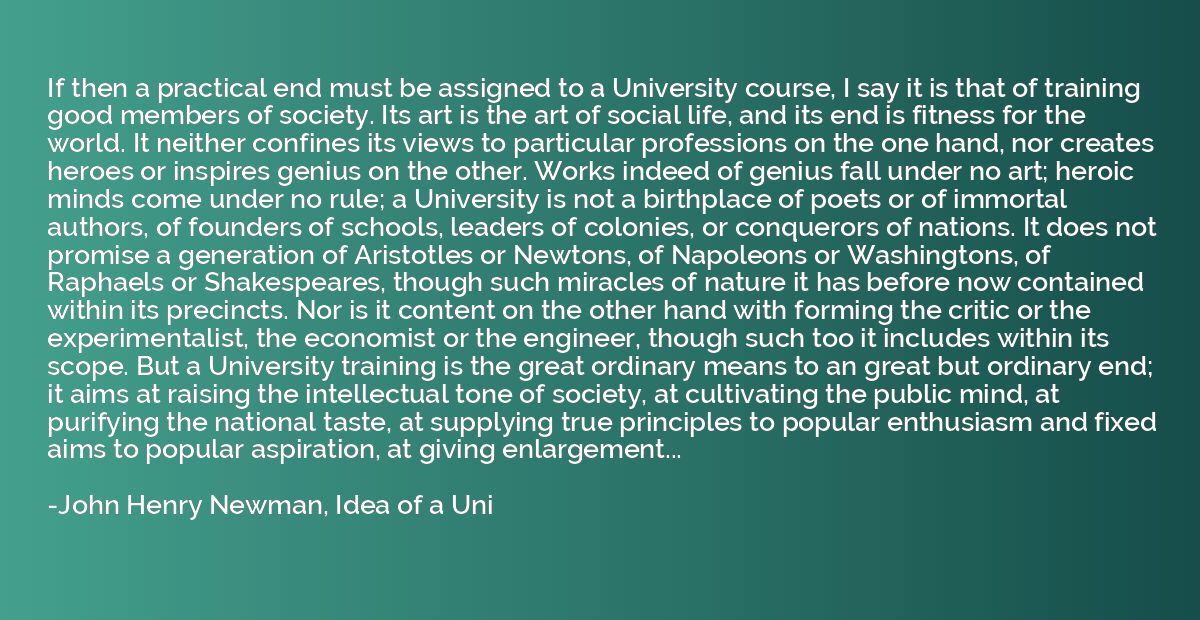Quote by Simone Weil
I am not a Catholic; but I consider the Christian idea, which has its roots in Greek thought and in the course of the centuries has nourished all of our European civilization, as something that one cannot renounce without becoming degraded.
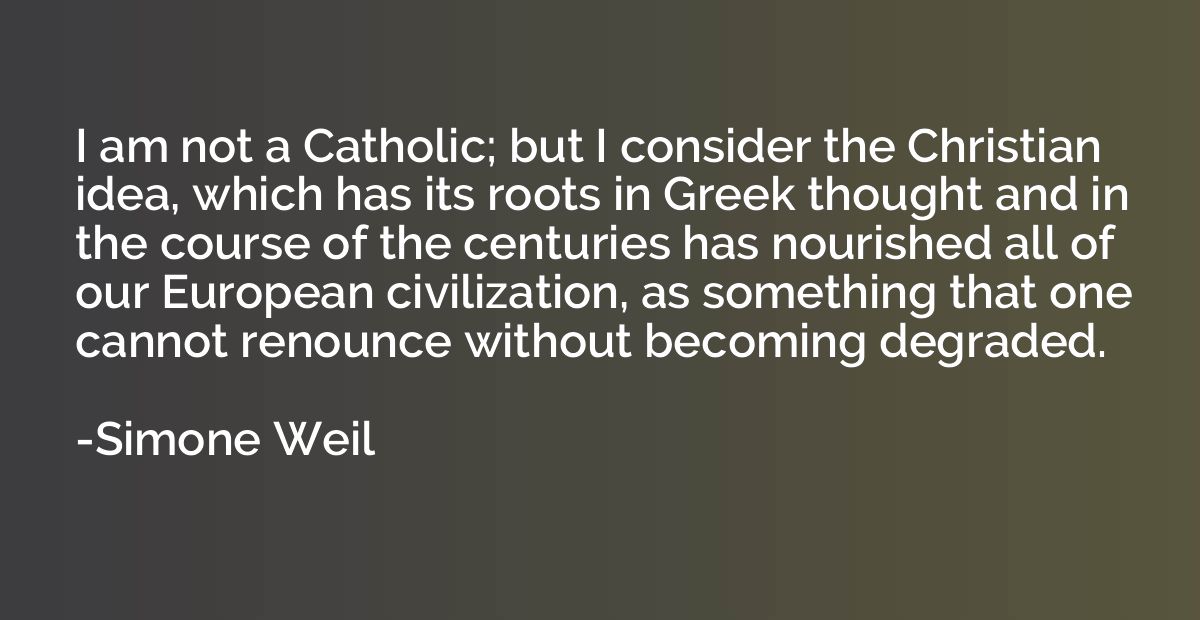
Summary
In this quote, the speaker acknowledges that they aren't a Catholic but expresses admiration for the Christian idea. They argue that Christianity, with its influences from Greek thought and its impact on European civilization, is an essential part of our cultural development. Renouncing this idea, according to the speaker, would lead to a decline in one's humanity or moral status. Despite not embracing the faith personally, the speaker sees the value and significance of Christianity in shaping our civilization.
Topics
Christianity
By Simone Weil



